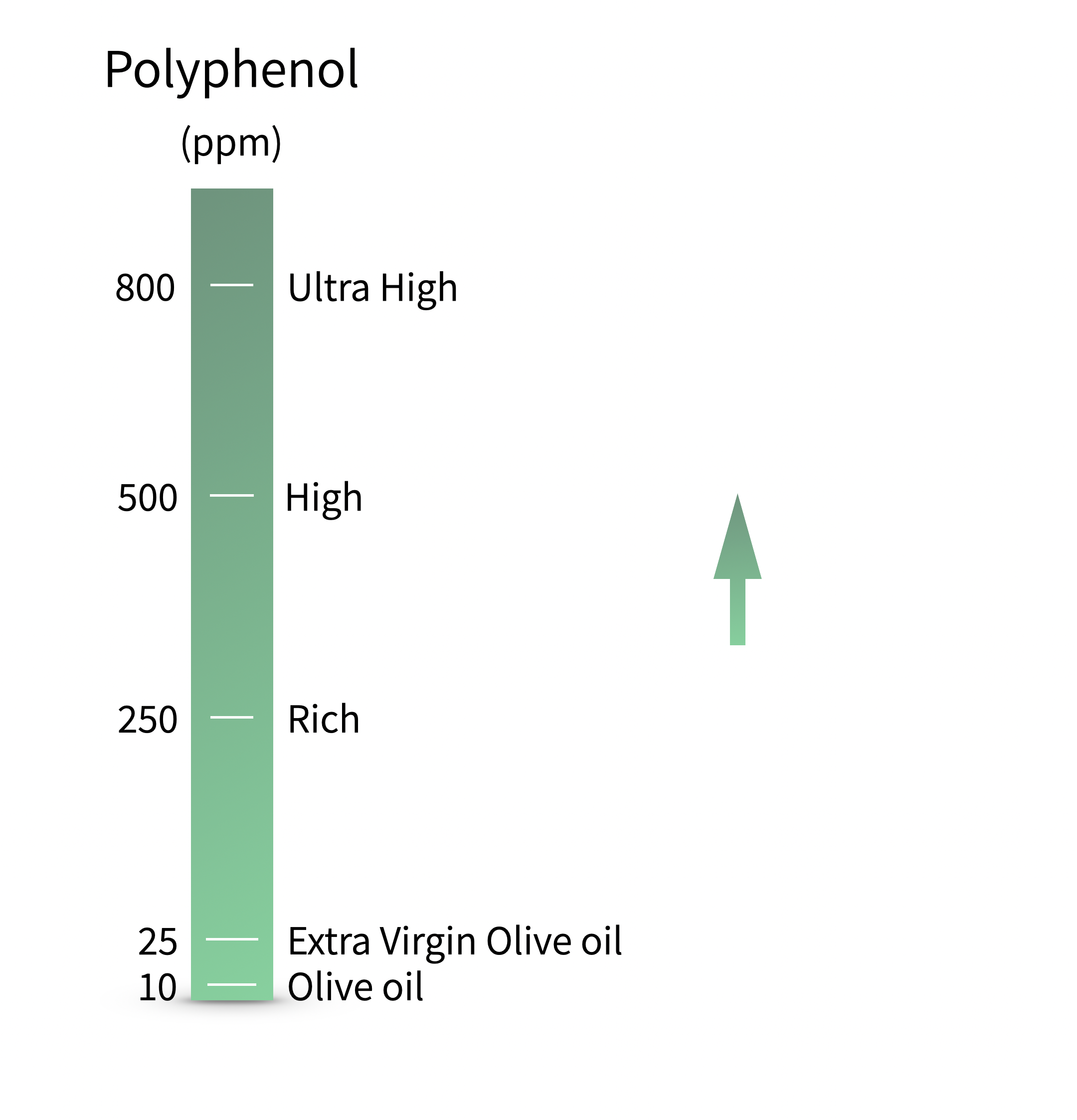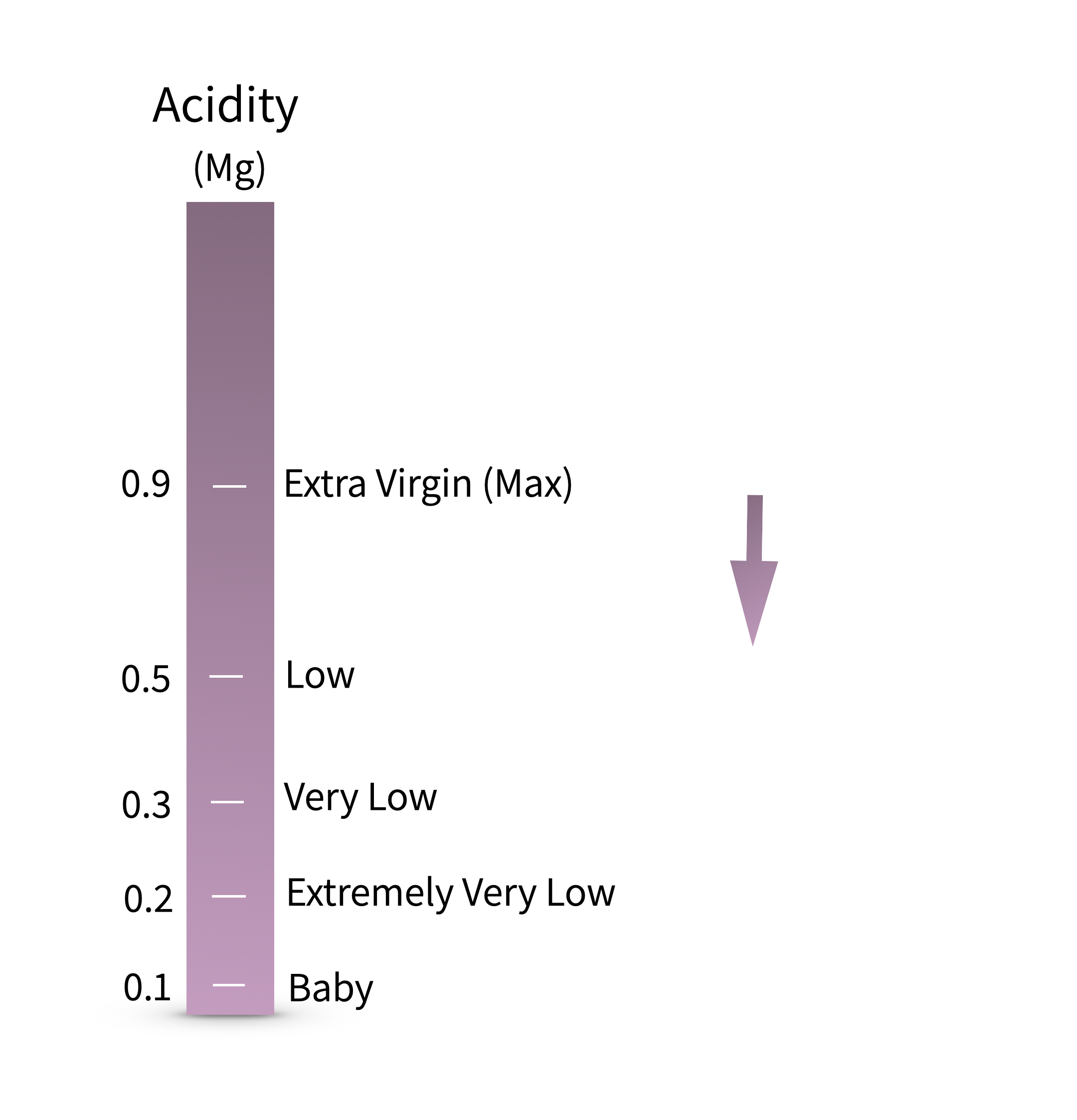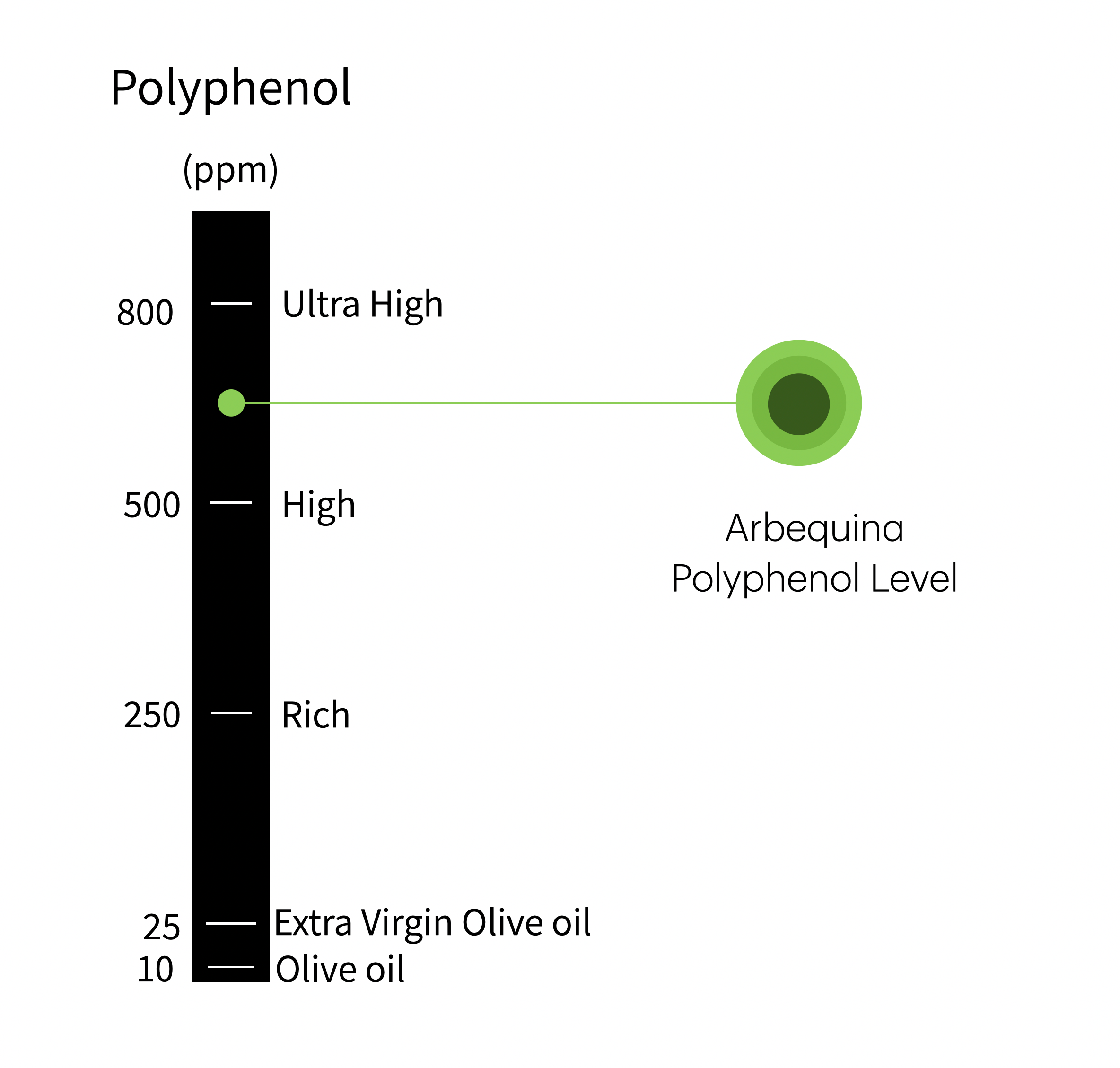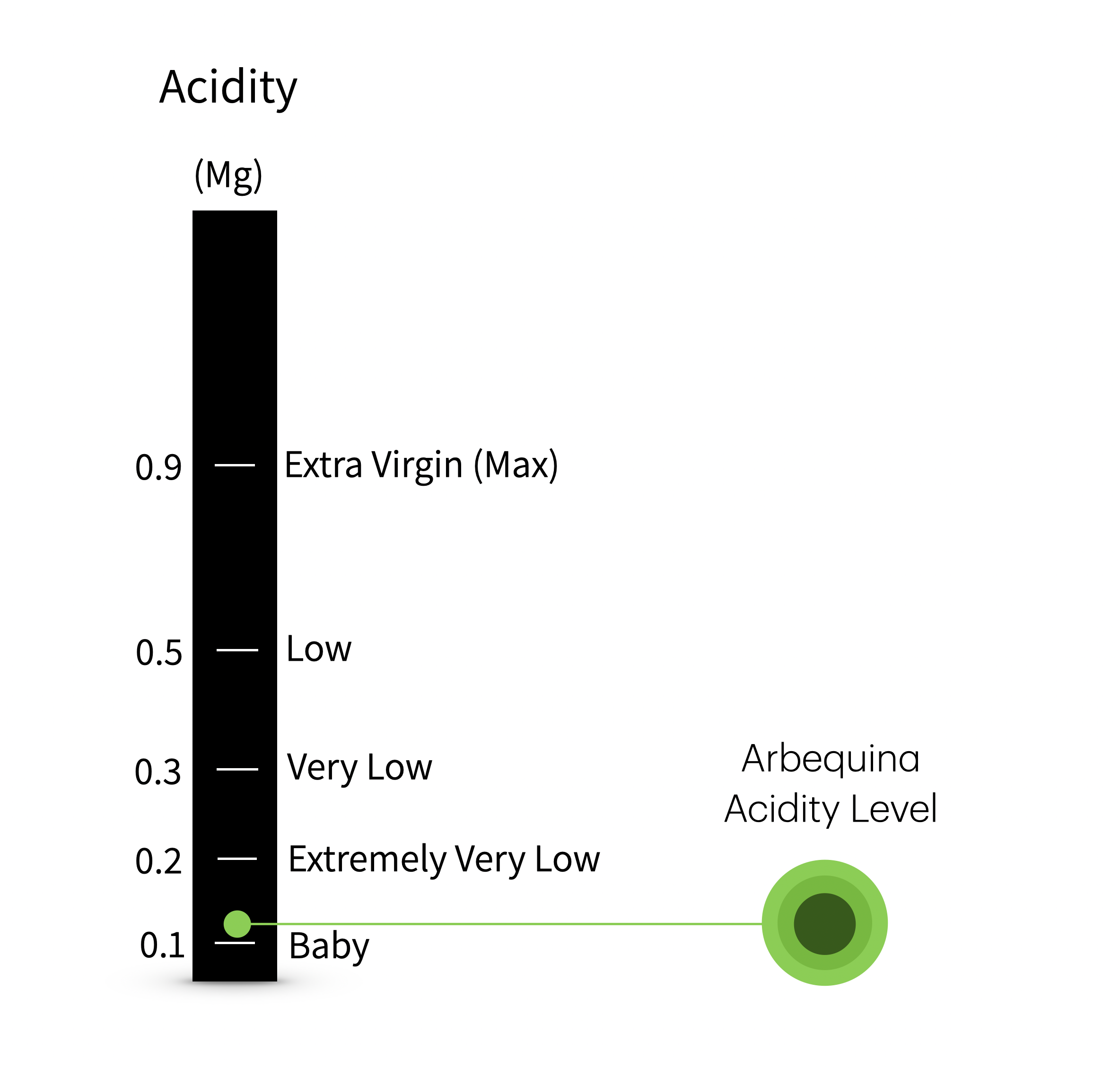The 7 Surprising Health Benefits of Drinking Olive Oil

Cardiovascular Health
Title
Anti-Inflammatory Properties
Title
Antioxidant Effects
Title
Digestive Health
Title
Skin and Hair Health
Title
Weight Management
Title
Cognitive Function
Title
How To Use?
What should I pay attention to when choosing olive oil for drinking?


We Have A Great Suggestion To Drink





